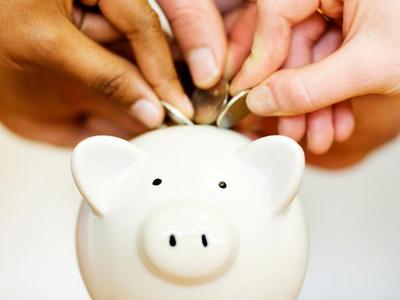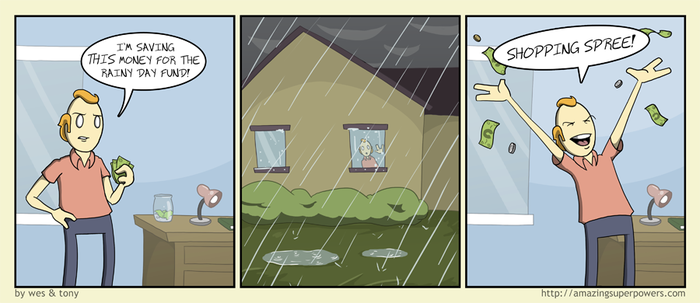A little intro to secrets to financial fitness…
Secrets to financial fitness - do they exist? Is there a set of things you can do that will turn you into a wealthy individual over a short period of time? Ever thought there might be one little thing you’re missing that will help you achieve financial independence?
I’d like to draw a parallel between personal and financial fitness. Once I’ve started thinking about it, I was shocked how similar these two areas are - and how similar are the struggles people face in each area. Ironically, I used to struggle greatly in both, but currently working really hard on improving these two areas of my life. Just like I used to live paycheck to paycheck and owed more money than I actually had - I’ve struggled physically by being out of shape, and almost having a heart attack when climbing stairs.
Eight months ago (33 years old and 55 lbs. overweight), I signed up for a gym membership. I walked into a gym and felt completely lost. I didn’t know what to do, I was afraid people will laugh at me if I ask them for help, and I wasn’t sure where to begin. But little by little, I’ve made some progress. I’m far from being in the shape of my dreams (if there’s such a thing), but I’m proud of the progress I’ve made so far.
Here’s some of my discoveries when it comes to secrets to personal fitness - and how they relate to secrets to financial fitness.
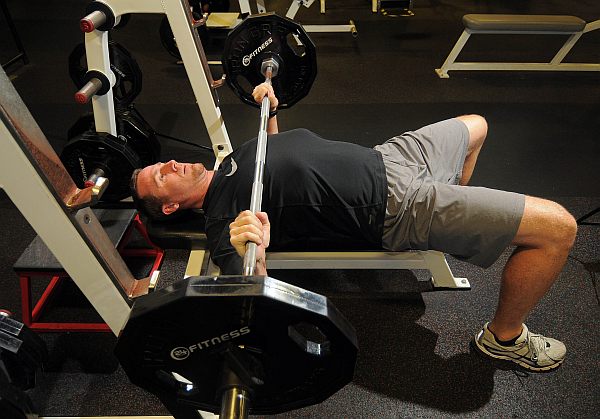
Secrets to financial fitness
Nothing happens overnight - and there is no silver bullet
Despite what late-night commercials will tell you, you can never get into great shape by working out 8 minutes per day. In fact, it’s scientifically impossible! Getting into shape requires hard work, and constant improvements in your workout routine, diet, and lifestyle in general.
What about financial fitness? Same thing applies! You can’t just do one little thing and turn your paycheck-to-paycheck lifestyle into a life of luxury and prosperity. There’s no software program that will show you all the secrets stocks about to double - if there was one, nobody would be selling it. While I greatly respect Robert Kiyosaki, I’m very leery of his personal finance lessons. You can’t become a Ferrari-driving real estate tycoon after reading a couple of his books. It might be possible, but don’t read his books think you’ll implement his system and be on the way to riches in a matter of months. Won’t happen.
Simplicity makes great sense
When I need a good laugh, I pick up a magazine on personal fitness and read a couple of articles. Good god, how many workout programs are out there - and why are they so different? It seems to me that every single fitness writer came up with his own program. In reality, all these programs and approaches do nothing but confuse new members. But if you talk to an experienced coach or trainer, they’ll tell you right away - most of the results can be achieved by doing a number of exercises over and over, again and again. Here’s a barbell, you can squat with it, you can bench press it, you can dead lift it. Do eight or ten exercises for 12-24 months, do them repeatedly and really well, and you’ll be in great shape. Maybe then it will make sense to target some obscure muscle by doing an exotic exercise, but most people shouldn’t be thinking about it.
Financially, it’s exactly the same. Yes, there are some tricks and creative accounting techniques - The Smith Maneuver, flow-through shares investments, etc. But for most average people most of the results will come from a set of simple rules that need to be followed day after day to achieve great results - and they are very simple too. Live on less than you make, invest part of your paycheck wisely, don’t spend money on stupid things, and keep track of your spendings. Yes, it’s hard to do it, especially in the beginning. But it ain’t complicated.
Pay attention to yourself, not the guy next to you
Want to completely confuse yourself about working out? Start paying attention to what other people doing more than to what you’re doing. I had to force myself to stop trying following other people at the gym (figuratively speaking). You see a guy slightly smaller than you bench press 180 lbs. and you automatically think - “- Oh, I should be able to do it no problem.” Wrong. What you don’t know is that he might have been doing this for months. Start with what you’re comfortable with, and go from there. Trying to chase other people will only cause you pain (emotional and physical).
On the personal finance side, chasing other people will get you in trouble too. Ever heard of “keeping up with the Joneses?”. It’s not productive to say the least. You don’t know financial situation of everybody, and looks can be very deceiving. Just because your neighbors or friends have nice luxury cars and big houses, doesn’t mean you should follow suite - they might be actually be able to afford those things or they’re deeply in debt. The only thing matters to you is your financial health, not your neighbors’. Don’t pay attention to them, follow your financial plan.
Start small
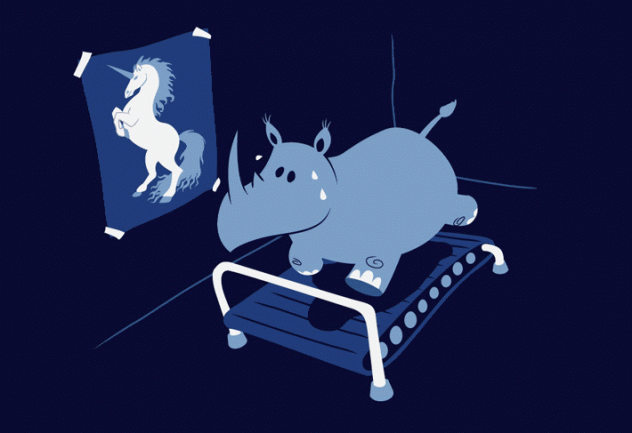
Secrets to financial fitness
Things won’t turn around overnight, so there’s no need to go “all in” when you step into the gym for the very first time. You won’t be Mr. Universe (rather ironic title considering there’s only one planet involved) after a month of exercising, so start small. Start going once or twice a week - no need to promise yourself a rigorous 5 days/week schedule. No need to go on a “fruit-only” diet for a month hoping to shock your system into submission - just add an apple or a salad to your normal way of eating and go from there.
When it comes to your money, secrets to financial fitness are just as simple as personal fitness. Start small - try to pay off some of your debts to see how awesome it feels to be less in debt. Instead of promising yourself to eat nothing but cheese and crackers and invest 50% of your paycheck to retire early - try doing 2 or 5% first! Once you work out an appetite for financial fitness - then increase your workload.
Beware of the industry
When you start paying attention to your health, you’ll notice how huge the industry of personal fitness is. There are magazines, TV channels, countless websites, and late-night infomercials that are designed to do nothing but take money from you. I love Chuck Norris movies, but after going to a gym for a few months, I’m quite sure that Total Gym endorsed by him (along with other products) is total garbage. There are countless products appear out of thin air every year that are targeting novice gym members - or more like targeting their wallets.
On the financial fitness side things are just the same the same - there is a huge industry and everybody is trying to sell you a product. Educational classes, exotic types of insurance, personal finance software, and personal finance books - all whispering in your ear that these are essential products and you can’t live without them. Some are excellent products, and some are total garbage. You have to be aware of the fact that there’s a small army of salesmen out there trying to sell you something - and this industry is very good at marketing their products. Be aware and beware.
And the most important “secret”:
Never ever ever ever give up.
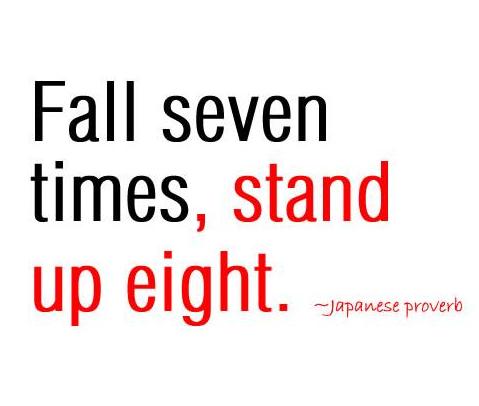
Secrets to financial fitness
My name is Financial Underdog, and I’m currently rewarding myself with a nice smoothie for a very exhausting visit to a gym.








